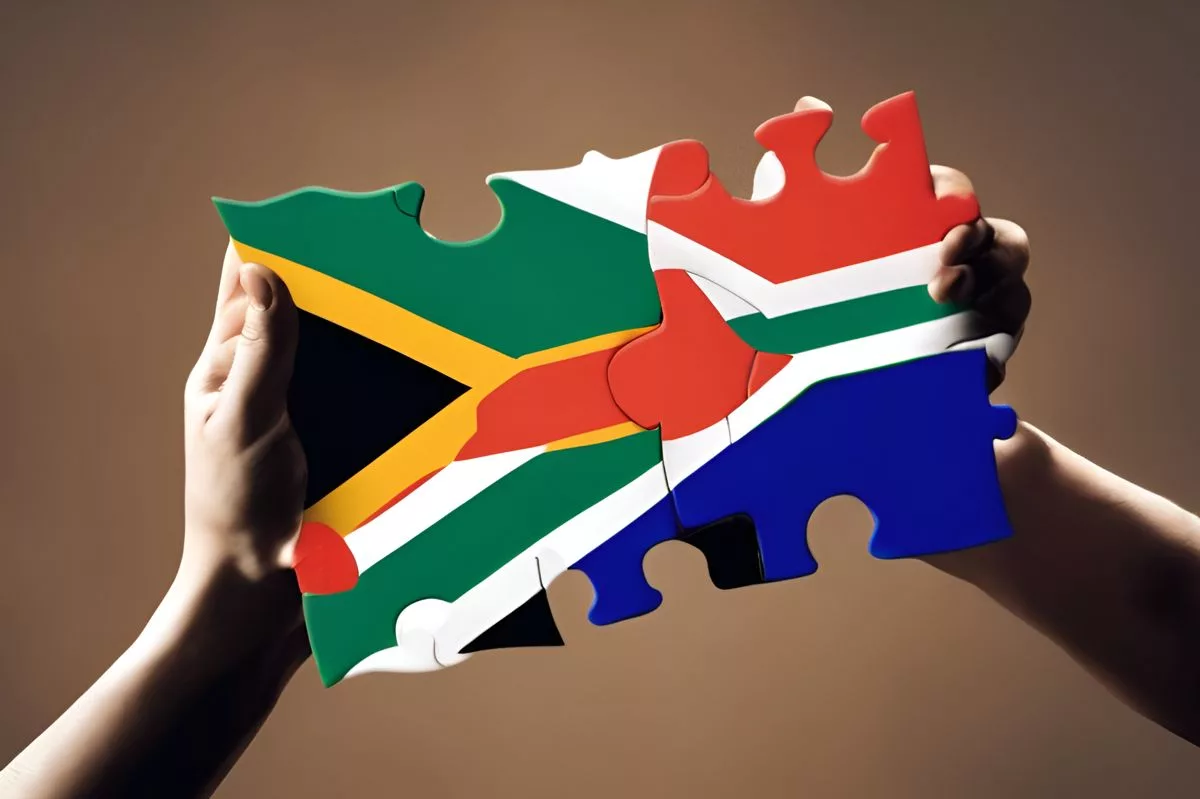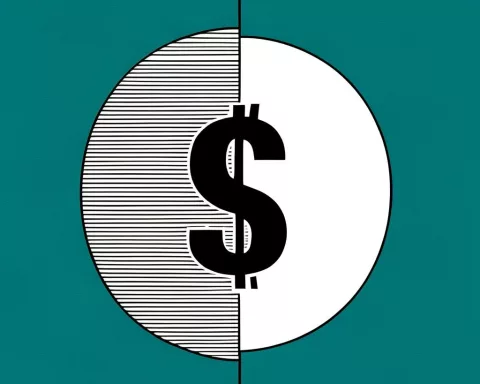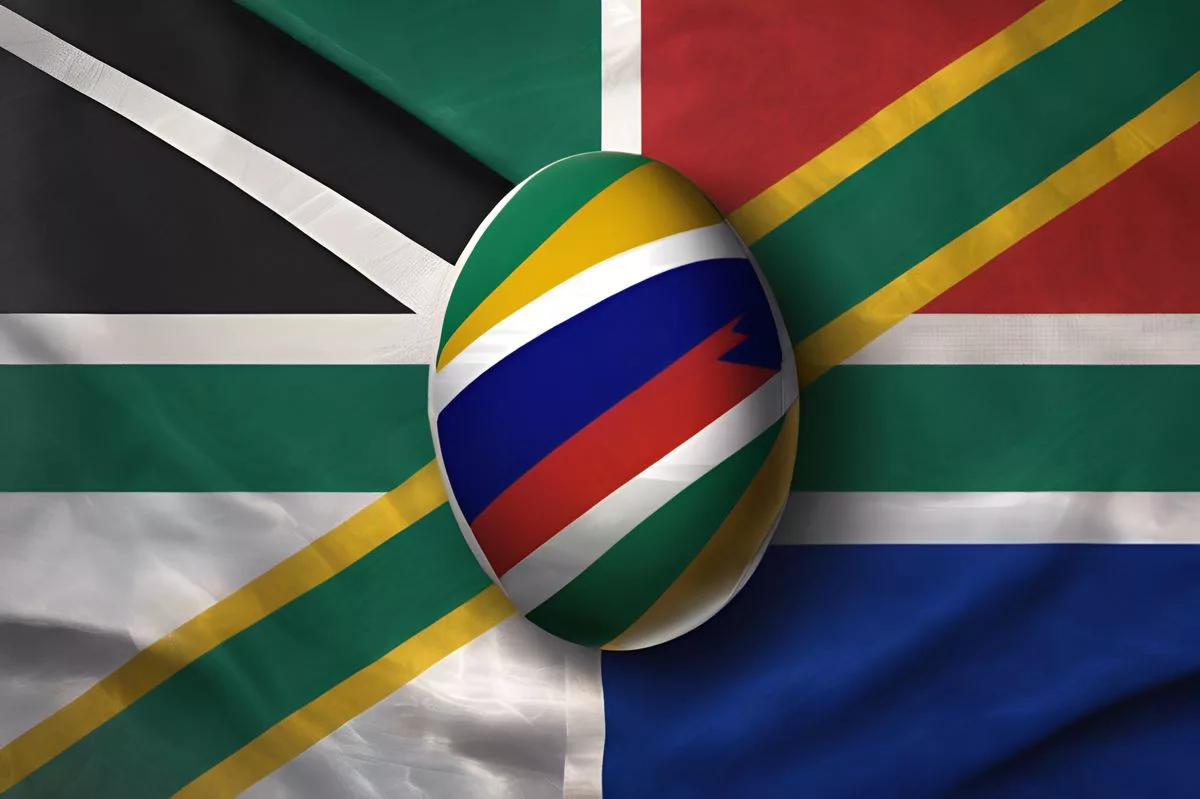David Ansara, CEO of South Africa’s Free Market Foundation, advocates for self-reliance and minimizing reliance on the government to thrive in 2024. He suggests reducing tax contributions and establishing offshore companies in countries with lenient tax policies, but these strategies require meticulous planning and ethical considerations. Ansara’s guide emphasizes individual and corporate autonomy, critical comprehension of the government’s limitations, and careful financial management. His provocative theories on government-proofing in South Africa underscore the significance of self-reliance and personal liberties.
How can individuals and corporations achieve autonomy in South Africa?
David Ansara, CEO of South Africa’s Free Market Foundation (FMF), advocates for self-reliance and minimizing reliance on the government to thrive in 2024. He suggests reducing tax contributions and establishing offshore companies in countries with lenient tax policies to decrease tax liabilities. However, these strategies require meticulous planning, legal knowledge, and ethical considerations. Ansara’s survival guide for South Africa emphasizes individual and corporate autonomy, critical comprehension of the government’s limitations, and careful financial management.
David Ansara and the Free Market Foundation
The focus of this discussion is an article titled “Navigating Governmental Influence in South Africa: A Practical Insight for 2024,” which explores the perspectives of David Ansara, the current CEO of South Africa’s Free Market Foundation (FMF). The FMF is a noble entity that champions the virtues of individual liberty and the ideals of free-market economics at a national level. The foundation has a track record of significant accomplishments, and in 2023, it marked a significant milestone through its Khaya Lam land reform initiative. The program successfully facilitated the allotment of 10,000 title deeds to individuals who had been marginalized due to socioeconomic factors.
David Ansara’s central proposition is that the key to thriving in South Africa in 2024 depends on minimizing one’s reliance on the government. Ansara strongly encourages self-reliance for both private individuals and corporations. He supports reducing tax contributions as a means to sustain independence from government influence. This approach requires understanding the government’s authentic nature, separate from its self-descriptions.
Fiscal Strategy for Autonomy: Taxation and Government
A crucial part of Ansara’s “government-proofing” strategy lies in the realm of taxes. Ansara maintains that the primary principle of taxation is centered around a transaction between private citizens and the state. The understanding is that citizens fund the state, and the state, in turn, provides services to its citizens. However, Ansara argues that the current ANC government in South Africa has been inefficient in managing these resources.
Ansara’s critique of this perceived misallocation has led him to advocate for diminishing the state’s financial potency via the reduction of tax payments. Though this idea may seem radical, Ansara is firm in emphasizing the legal boundaries of his proposition. He condones lawful tax avoidance but condemns illegal tax evasion. A potential tactic for corporations, as suggested by Ansara, is to establish an offshore enterprise in a country with lenient tax policies.
Offshore Companies: A Path to Reduced Tax Liabilities
Ansara’s second key strategy for achieving autonomy involves the creation of offshore companies. He proposes the incorporation of a holding company in a country like Mauritius, a country that has a double taxation agreement with South Africa. Mauritius boasts a corporate tax rate of 15% and does not impose a dividend withholding tax, making it an appealing option for those aiming to decrease their tax liabilities. By employing strategic structure planning, it is feasible to reduce tax obligations significantly.
However, it would be remiss not to acknowledge the complexities and potential obstacles associated with such strategies. Establishing tax-efficient structures, be it domestically or offshore, demands meticulous planning, comprehensive legal knowledge, and strategic insight. Moreover, Ansara’s suggestions possess a moral dimension that must be considered seriously. The debate around tax avoidance, even when legal, is contentious and riddled with ethical dilemmas.
In essence, Ansara’s survival guide for 2024 in South Africa consists of careful financial management, strategic planning, and a critical comprehension of the government’s role and limitations. His counsel underscores the significance of individual and corporate autonomy, particularly in an age where state inefficiency and perceived mismanagement could threaten economic security and personal liberties. While his methods may be considered provocative by some, there is no denying the stimulative nature of his theories on self-reliance and government-proofing in present-day South Africa.
What is the Free Market Foundation, and what is its mission?
The Free Market Foundation (FMF) is a South African non-profit organization that promotes the principles of individual liberty and free-market economics. Its mission is to advance the cause of economic freedom, rule of law, and individual rights in South Africa through research and advocacy. The FMF believes that through the promotion of free markets and individual responsibility, people can reach their full potential, and society can achieve greater prosperity.
What is the Khaya Lam Land Reform initiative, and how did it help marginalized individuals in South Africa?
The Khaya Lam Land Reform initiative is a program launched by the Free Market Foundation aimed at giving the poorest of South Africans a title deed to their homes. The initiative seeks to right the wrongs of the apartheid era, where millions of South Africans were denied the right to own property. By providing these individuals with title deeds to their homes, the program not only gives them legal recognition of their homes but also allows them to use their homes as collateral for loans and other financial transactions, creating a pathway to economic empowerment.
What is the difference between tax avoidance and tax evasion, and which one does David Ansara condone?
Tax avoidance is the legal practice of using legitimate means to minimize one’s tax liabilities, while tax evasion is the illegal act of deliberately not paying taxes owed. David Ansara condones lawful tax avoidance but condemns illegal tax evasion. He suggests that individuals and corporations can employ legal strategies to reduce their tax contributions, such as establishing offshore companies in countries with lenient tax policies.
Why does David Ansara support reducing tax contributions, and what is his critique of the current ANC government’s use of taxes?
David Ansara supports reducing tax contributions as a means of minimizing reliance on the government and achieving individual and corporate autonomy. He critiques the current ANC government’s use of taxes, arguing that the government has been inefficient in managing these resources. He suggests that by reducing tax contributions, individuals and corporations can circumvent the government’s influence and manage their finances more effectively.
What are some of the challenges associated with creating offshore companies, and why are ethical considerations important when employing these strategies?
Establishing offshore companies demands meticulous planning, comprehensive legal knowledge, and strategic insight. There are complexities and potential obstacles associated with these strategies that must be considered seriously. Moreover, ethical considerations are crucial when employing these strategies, as the debate around tax avoidance, even when legal, is contentious and riddled with ethical dilemmas. It is essential to ensure that these strategies are employed ethically and responsibly, with a full understanding of their legal and moral implications.
What is the significance of self-reliance and personal liberties in David Ansara’s guide to autonomy in South Africa?
David Ansara’s guide to autonomy in South Africa emphasizes the significance of self-reliance and personal liberties. He believes that minimizing reliance on the government and achieving individual and corporate autonomy is crucial for thriving in South Africa in 2024. His theories on government-proofing underscore the importance of careful financial management, critical comprehension of the government’s role and limitations, and strategic planning. By promoting self-reliance and personal liberties, Ansara believes that South Africans can achieve greater economic security and personal fulfillment.












